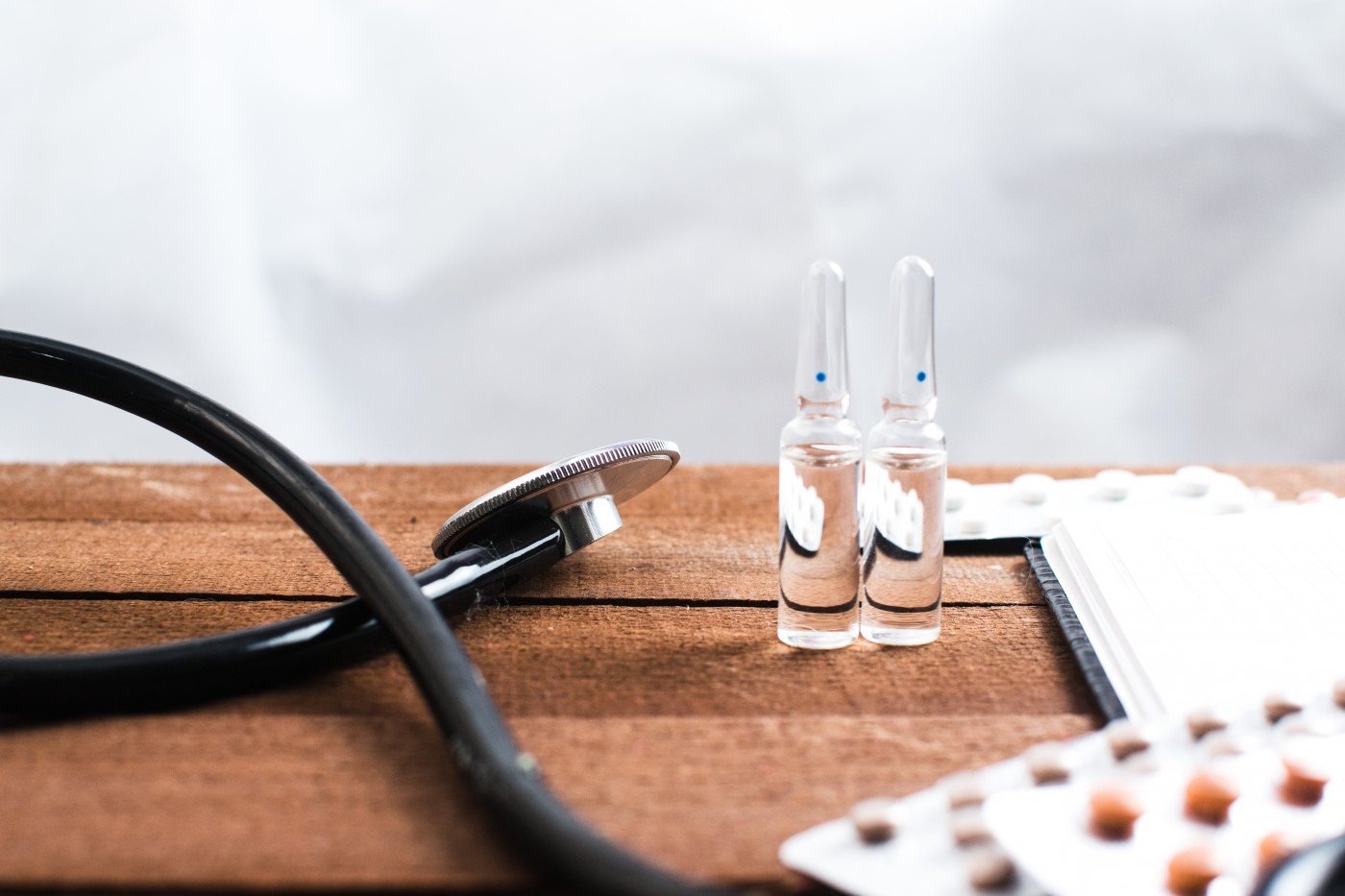Request for Darzalex as Faster and Easier Under-the-skin Infusion for Multiple Myeloma Before FDA
Written by |

Janssen has asked the U.S. Food and Drug Administration (FDA) to approve a new subcutaneous (under-the-skin) formulation of Darzalex (daratumumab) as a faster and easier treatment for people with multiple myeloma.
Currently, Darzalex is approved as an intravenous infusion into a vein that takes several hours. The biologics license application (BLA) request, if approved, offers the option of an under-the-skin infusion that can be given in minutes and is equally effective, Janssen states in a press release.
Darzalex is an antibody designed to recognize and block the activity of CD38, a protein found on the surface of multiple myeloma cells, to prevent growth of these cells and eliminate them. It was originally developed by Genmab, and licensed to Janssen in August 2012.
The application was based on data from two ongoing clinical trials: the multicenter and randomized COLUMBA Phase 3 trial (NCT03277105), and the multicenter and open label PLEIADES Phase 2 trial (NCT03412565).
COLUMBA is comparing the effects of both Darzalex formulations in patients with relapsed or refractory multiple myeloma who had received at least three prior lines of therapy, including a proteasome inhibitor and an immunomodulatory drug, or had failed to respond to both types of therapy. The study has collected its primary data, and formally concludes in July 2020.
It enrolled 522 adult patients, who were randomly assigned to either daratumumab at a dose of 1,800 mg together with 2,000 units per milliliter (U/ml) of recombinant human hyaluronidaser (HuPH20), both administered subcutaneously, or Darzalex alone at a dose of 16 mg/kg given intravenously.
Trial findings, recently presented at the 2019 American Society of Clinical Oncology (ASCO) Annual Meeting and the 24th European Hematology Association Annual Congress, showed that:
- At a median follow-up of 7.5 months, the overall response rate was 41% for patients treated with under-the-skin daratumumab, and 37% for those treated with Darzalex;
- The time patients lived without disease worsening was similar in both groups: 5.6 months for the subcutaneous formulation and 6.1 months for the intravenous formulation;
- Both formulations had similar rates of serious or life-threatening adverse events, which included low platelet levels (14% in both groups), anemia (13% vs. 14%), and low levels of neutrophils (13% vs. 8%);
- Patients treated with under-the-skin daratumumab had a significantly lower rate of infusion-related reactions compared to those given Darzalex (13% vs. 35%).
PLEIADES is comparing the effects of subcutaneous daratumumab at a dose of 1,800 mg in combination with either Velcade (bortezomib), Revlimid (lenalidomide) and dexamethasone, or with Velcade, melphalan and prednisone in newly diagnosed patients; those with relapsed or refractory multiple myeloma are given subcutaneous daratumumab in combination with Revlimid and dexamethasone.
An additional group testing subcutaneous daratumumab in combination with Kyprolis (carfilzomib) and dexamethasone has also been added to the trial, which is expected to end in February 2021. This study is still recruiting adults at select sites; information is available here.
Preliminary data from PLEIADES, which has not yet been released publicly, is also being used to support the application.
“Should this submission lead to an approval, it would provide patients with a treatment option that combines efficacy comparable with intravenous Darzalex with a subcutaneous delivery that reduces treatment time from hours to just minutes,” Jan van de Winkel, PhD, chief executive officer of Genmab, said in the release.
“Not only would this be more convenient for patients but, as we saw with the COLUMBA data recently presented … infusion-related reactions are both mild and significantly reduced with this formulation of daratumumab,” he added. “Subcutaneous daratumumab may also provide an attractive option for health care providers, especially in the community setting, where reducing the administration time can be very important.”



